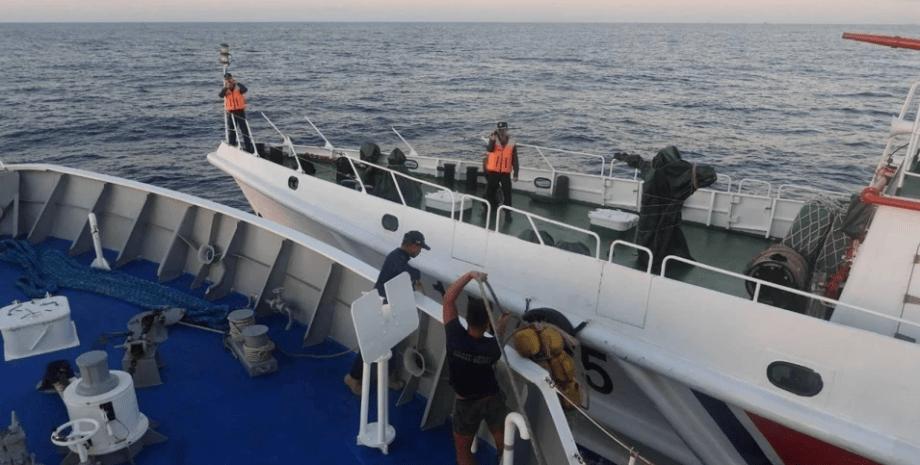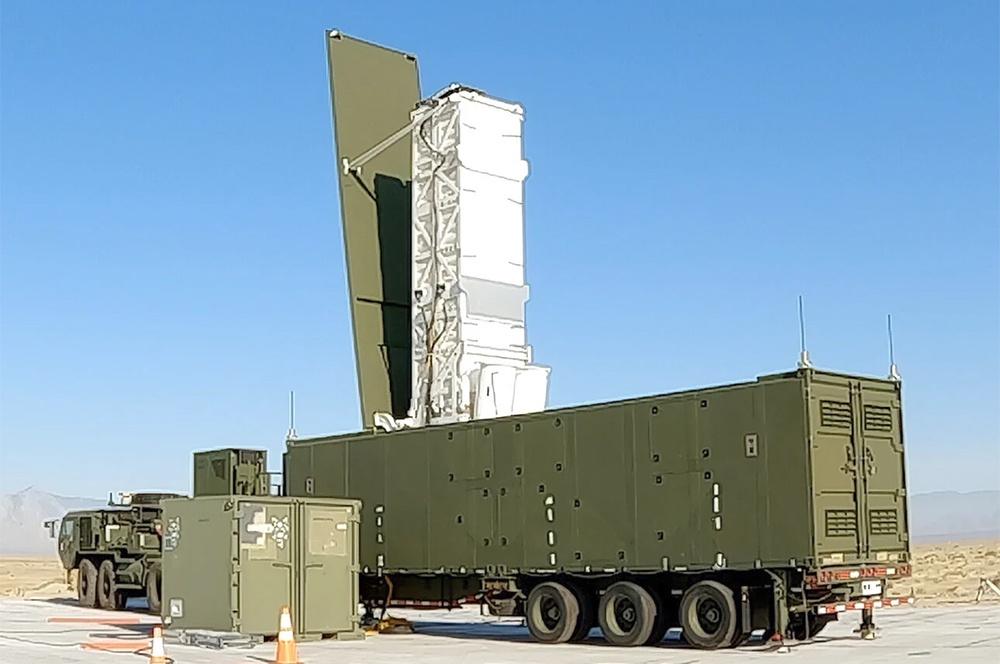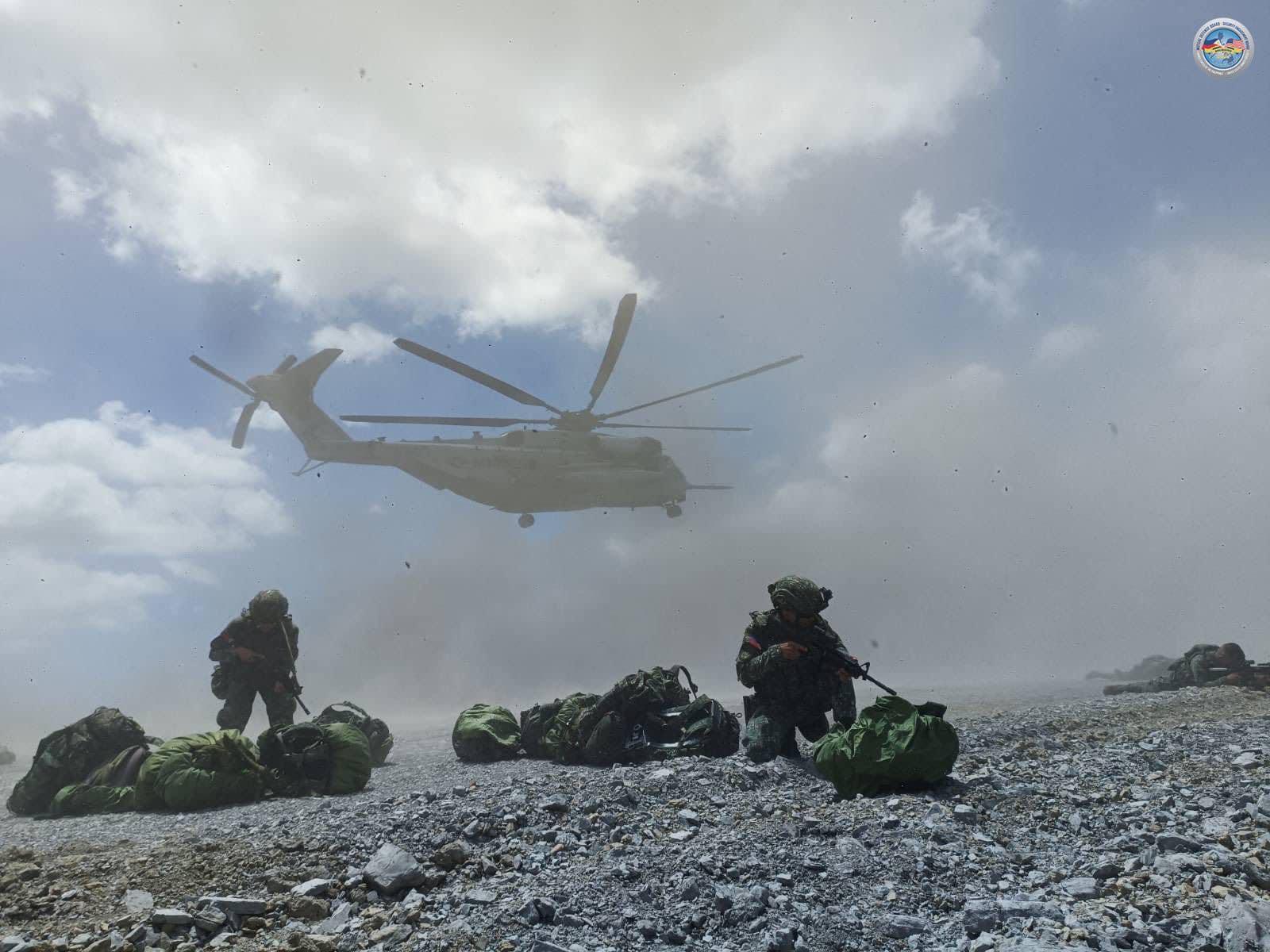Philippines and China clash as tensions soar amid US influence New flashpoint in Asia-Pacific
Recent reports indicate that two Philippine ships sustained damage after colliding with Chinese vessels, escalating tensions between the two nations. According to the Chinese Coast Guard, the incident occurred when the Philippine vessel "deliberately made a collision" after unlawfully entering the waters near Xianbin Reef in the Nansha archipelago without proper authorization. In response, Beijing demanded that Manila immediately cease what it described as "violations and provocations."

While some may dismiss the incident as minor, serious analysts warn that such provocations are pushing the Asia-Pacific (APAC) region toward significant destabilization. This situation echoes the outcomes of the NATO summit held in Washington in July, where the leaders of Australia, New Zealand, South Korea, and Japan — collectively known as the Indo-Pacific Four (IP4) — were present. The summit's declaration contained anti-China statements, accusing Beijing of "continuing challenges to the interests, security, and values of NATO countries." China responded sharply, with the Foreign Ministry denouncing certain sections of the document as "outright lies and denigration" of its position. The ministry further accused NATO of using this rhetoric to justify its expansion into the Asia-Pacific region, asserting that the alliance's growing defence and security ties with China's neighbours, as part of the US Indo-Pacific Strategy, are detrimental to China's interests and threaten regional peace and stability.
Amid escalating tensions between the Philippines and China, experts are drawing attention to a significant development from 2023, when the Philippines granted the United States access to four additional military bases under the 2014 Enhanced Defence Cooperation Agreement (EDCA). Among these bases are strategically located facilities on the coast opposite Taiwan. The US Department of Defence emphasized that these new sites would "enhance interoperability between the US and Philippine armed forces for a more cohesive response to common challenges in the Indo-Pacific region." With these additions, the Pentagon now has access to a total of nine bases in the Philippines.
A particularly notable development occurred in April 2024, with the deployment of the US Typhon medium-range missile system in the Philippine province of Luzon. This move prompted a strong reaction from China's Ministry of Defence, which labelled the deployment as "a significant threat to the security architecture in the region." The ministry warned that the entire area has been placed "in the crosshairs of US artillery," escalating military risks in the region.
In the same month, the first-ever trilateral summit involving the leaders of the United States, the Philippines, and Japan took place in Washington. While the official agenda focused on "security in the South China Sea and cooperation in infrastructure, technology, and energy," the joint statement, titled "A Shared Vision for the Future," took a decidedly anti-Chinese tone, revealing the underlying intentions of the participating nations.

This spring, the Philippines played host to the largest joint military exercise with the United States in three decades — Balikatan-2024. The exercise saw the participation of 11,000 American troops and approximately 5,000 Filipino soldiers, marking the highest number of participants in the history of the event. Australian and French military personnel also joined the exercise, along with observers from 14 other countries. According to the Philippine military command, the exercise was bluntly described as "preparation for war," underscoring the seriousness of the situation. Analysts note that, for the first time, the exercises extended beyond Philippine territorial waters, covering parts of the South China Sea — a region of frequent friction between Manila and Beijing. Additionally, the manoeuvres took place in provinces less than 300 kilometres from Taiwan, further heightening tensions.
In June, the Philippines inaugurated the Joint Pacific Multinational Combat Training Centre, further solidifying its strategic alignment with US military interests. Shortly thereafter, the NATO summit in Washington saw Beijing express strong disapproval of the Philippines' actions, accusing Manila of "blindly following Washington's anti-China agenda." China's response highlighted the Philippines' role in escalating tensions in the South China Sea (SCS), despite China's claim of "undisputed sovereignty" over the SCS islands and adjacent waters.
Beijing criticized the US for its "destructive actions" in the region, accusing it of prioritizing strategic dominance over peaceful coexistence. The deployment of advanced US weapons on foreign soil was cited as part of a broader pattern of US militarism that undermines regional stability. The Chinese government warned that Washington's pursuit of confrontation would only destabilize the Asia-Pacific region, urging Manila not to become a "pawn in this dangerous game" aimed at undermining regional security. Beijing also called on the US and the Philippines to "respect the local people's aspirations for peace and development" and to contribute more toward ensuring peace and stability in the region.

Observers suggest that the recent provocative manoeuvres by Philippine ships mentioned earlier, are far from spontaneous. Instead, they appear to be a calculated execution of plans by interested forces aiming to destabilize the Asia-Pacific region. In this context, it is clear that the United States is strategically aligning itself with the Philippines as part of a broader effort to "contain China."
The developments in the region over the past several months, which we've outlined above, illustrate how external forces are steadily inflaming tensions in the Asia-Pacific, mirroring similar strategies that have led to instability in Europe and the Middle East. The consistent escalation in military activities and alliances suggests a deliberate attempt to destabilize the region, with the Philippines playing a central role in this larger geopolitical strategy.
by Teymur Atayev
Guest columnists' views and opinions in their op-eds may differ from those of the editorial staff and do not necessarily reflect the staff's perspectives.








